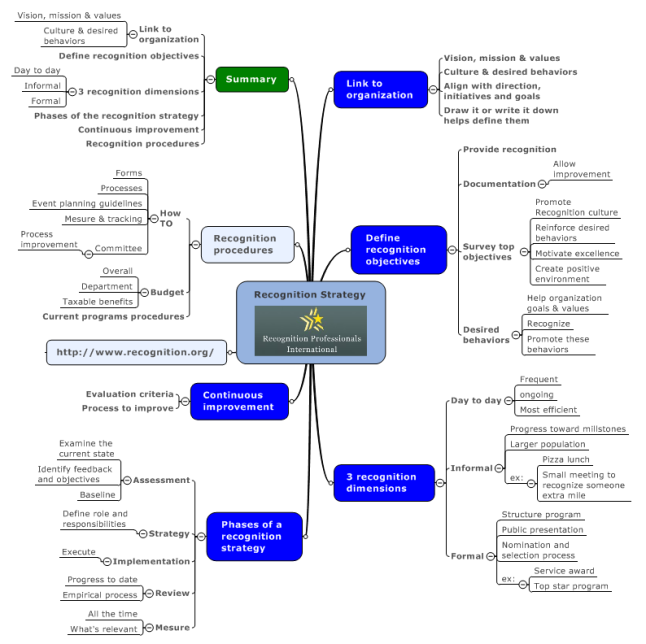Employee retention and motivation is one of the biggest challenges of the industry at the moment. I have worked in the recognition industry for 2 years and got my CRP certification. Recognition is one of my passions and I strongly believe that this is the way to achieve innovative projects in a successful way with the current generation’s mentality. More and more people start their own company or go free lance because their employers weren’t able to give them what they need.
I consider that there are 3 pillars to be happy in your job:
- Remuneration: Base salary, holidays, incentive bonus, sick days, …
- Environment: Relation with your boss and colleagues, ambiance, …
- Opportunities: Chance to learn and grow, challenges, career, …
Today, we no more heard “Your boss hires you” but “You hire your boss”. Good managers need to recognize properly their employees. A work needs to be a winning situation for everyone in the equation and today’s generation strive for a more human way of working which is why we see more and more company willing to accommodate employees. Working from home, flexible schedules and milestone celebration become more and more common in many industries.
How do you motivate your employees the right way?
As we do with many things in live when we want to succeed, we need a plan. Here my summary of what are the main elements of a good recognition strategy. This is influenced by the CRP certification I did in April 2011 given by the RPI.
Questions:
- What element of this strategy is the most relevant?
- In the last week, did you recognize someone? If yes, how?

